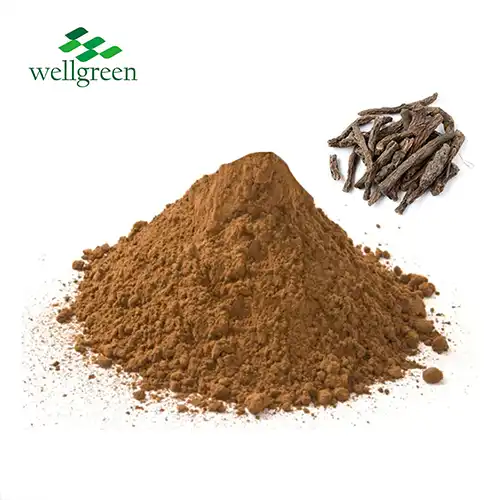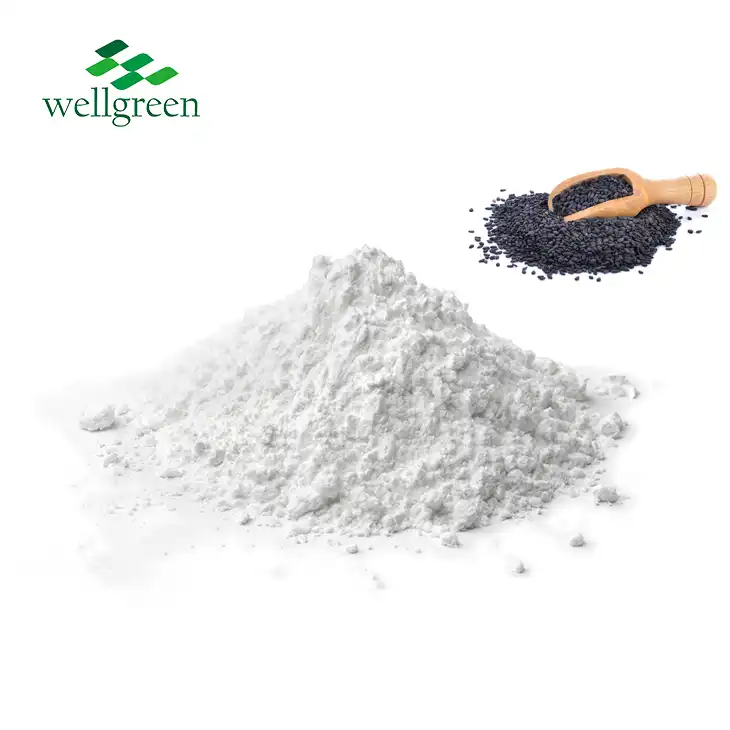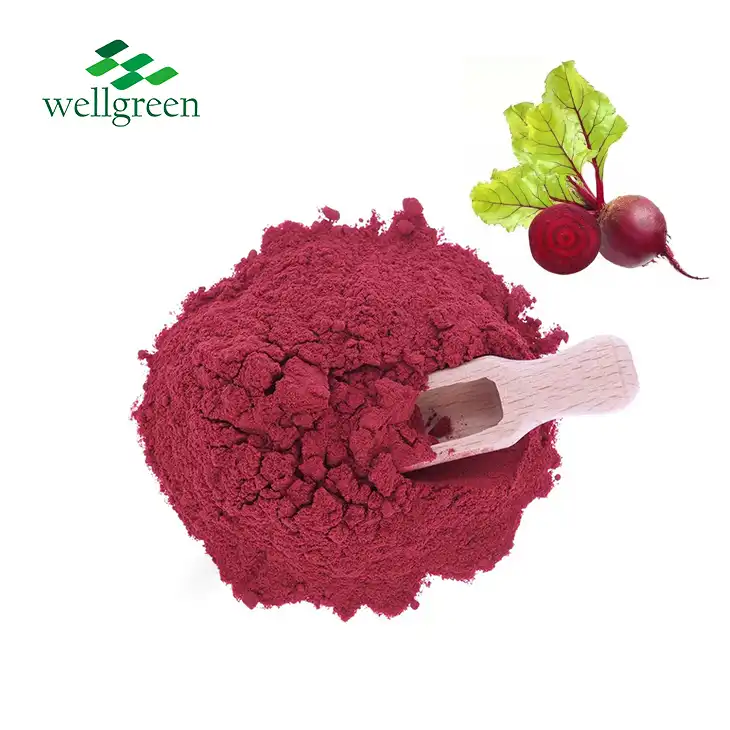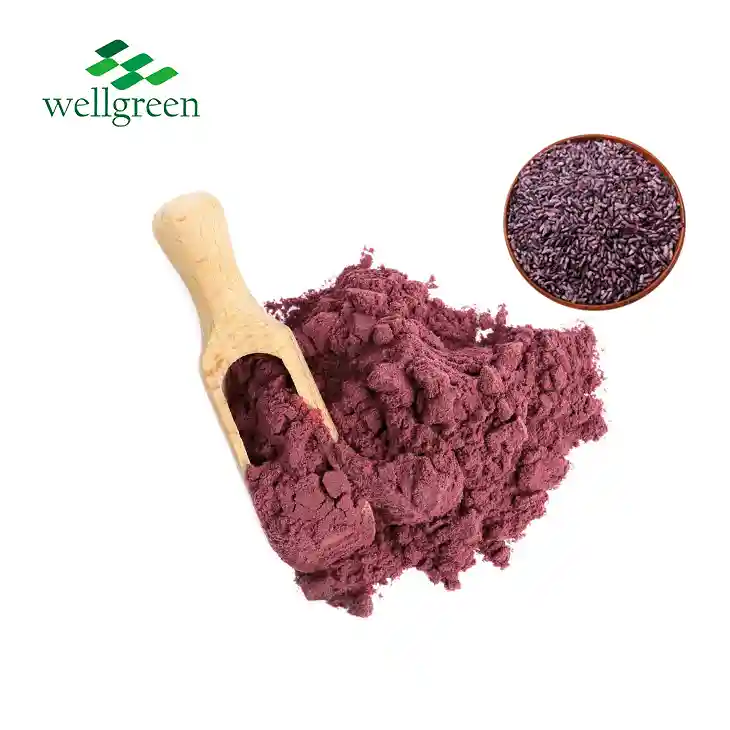Yucca Saponin in Agriculture
2025-04-28 14:01:11
Yucca saponin, a natural compound derived from the Yucca plant, is revolutionizing agricultural practices worldwide. This powerful bioactive substance offers a range of benefits for crop production, pest management, and soil health. As farmers increasingly seek sustainable alternatives to conventional agrochemicals, yucca saponin has emerged as a promising solution. Its ability to combat pathogens, enhance plant resilience, and improve crop yields makes it an invaluable tool in modern agriculture. By harnessing the power of this natural extract, farmers can reduce their reliance on synthetic inputs while promoting healthier, more productive farming systems. Let's explore the multifaceted applications of yucca saponin in agriculture and its potential to transform the way we grow food.
Combating Pathogens and Pests Sustainably
Natural Fungicide Properties
Yucca saponin exhibits remarkable antifungal properties, making it an effective tool in the fight against crop diseases. Its unique molecular structure allows it to disrupt fungal cell membranes, inhibiting the growth and spread of harmful pathogens. Farmers can apply yucca saponin extracts as a foliar spray or soil drench to protect crops from various fungal infections, including powdery mildew, root rot, and leaf spot diseases. This natural approach reduces the need for synthetic fungicides, promoting a more environmentally friendly pest management strategy.
Insecticidal Effects
In addition to its antifungal properties, yucca saponin demonstrates potent insecticidal effects against a wide range of agricultural pests. The compound interferes with insect digestion and reproduction, effectively controlling populations of aphids, whiteflies, and other common crop pests. By integrating yucca saponin into integrated pest management (IPM) programs, farmers can minimize crop damage while preserving beneficial insects and maintaining ecological balance in their fields.
Soil-Borne Pathogen Suppression
Yucca saponin's benefits extend beyond above-ground plant protection. When applied to the soil, it helps suppress soil-borne pathogens that can devastate root systems and reduce crop yields. The compound's ability to alter soil microbial communities promotes the growth of beneficial microorganisms while inhibiting harmful ones. This natural soil conditioning effect enhances overall plant health and reduces the incidence of root diseases, leading to stronger, more resilient crops.
Boosting Crop Resilience Through Stress Response Activation
Abiotic Stress Tolerance
One of the most remarkable aspects of yucca saponin is its ability to enhance plants' tolerance to abiotic stresses. When applied to crops, it activates various stress response mechanisms within the plant, improving their resilience to environmental challenges such as drought, salinity, and extreme temperatures. This enhanced stress tolerance allows plants to maintain growth and productivity even under suboptimal conditions, a crucial advantage in the face of climate change and unpredictable weather patterns.
Improved Nutrient Uptake
Yucca saponin plays a significant role in enhancing nutrient uptake efficiency in plants. The compound acts as a natural surfactant, reducing surface tension and improving the absorption of water and nutrients through plant roots and leaves. This increased nutrient availability leads to stronger plant growth, better crop quality, and higher yields. Farmers can leverage this property to optimize their fertilization strategies, potentially reducing the amount of synthetic fertilizers required while maintaining or even improving crop performance.
Enhanced Photosynthetic Efficiency
Research has shown that yucca saponin can positively impact photosynthetic processes in plants. By stimulating chlorophyll production and enhancing the efficiency of light-harvesting complexes, the compound helps plants maximize their energy production from sunlight. This boost in photosynthetic capacity translates to improved overall plant vigor, faster growth rates, and increased biomass production. As a result, crops treated with yucca saponin often exhibit lusher foliage and higher yields compared to untreated plants.
Yield Improvement vs. Input Costs
Economic Benefits of Yucca Saponin Application
The use of yucca saponin in agriculture offers significant economic advantages for farmers. While the initial investment in yucca saponin products may be comparable to conventional agrochemicals, the long-term benefits often outweigh the costs. By reducing the need for synthetic pesticides and fertilizers, farmers can lower their overall input expenses. Moreover, the improved crop health and yield potential associated with yucca saponin use can lead to higher returns on investment. As consumer demand for sustainably produced food continues to grow, crops grown with natural inputs like yucca saponin may command premium prices in the market.
Sustainable Resource Management
Incorporating yucca saponin into agricultural practices aligns with principles of sustainable resource management. The compound's ability to improve soil health and enhance nutrient uptake efficiency contributes to long-term soil fertility and reduces the risk of nutrient runoff. This not only benefits the environment but also helps farmers maintain the productivity of their land over time. By adopting yucca saponin as part of a holistic approach to crop management, farmers can work towards more sustainable and regenerative agricultural systems.
Regulatory Compliance and Market Access
As global regulations on agrochemical use become increasingly stringent, yucca saponin offers a compliant alternative for crop protection and enhancement. Its natural origin and low environmental impact make it an attractive option for farmers seeking to meet organic certification standards or export to markets with strict pesticide residue limits. By transitioning to yucca saponin-based products, farmers can future-proof their operations against changing regulations while potentially accessing new market opportunities for sustainably produced crops.
Conclusion
Yucca saponin represents a powerful and versatile tool in the pursuit of sustainable agriculture. Its multifaceted benefits in pathogen control, stress tolerance, and yield improvement make it an invaluable resource for farmers facing diverse challenges. By harnessing the natural properties of this compound, the agricultural industry can move towards more environmentally friendly practices without compromising productivity. As research continues to uncover new applications for yucca saponin, its role in shaping the future of agriculture is likely to expand, offering hope for a more sustainable and resilient food production system.
Contact Us
Ready to explore the benefits of yucca saponin for your agricultural operations? Contact Xi'an Wellgreen today at wgt@allwellcn.com to learn more about our high-quality yucca saponin products and how they can revolutionize your farming practices.
References
1. Johnson, A. R., & Smith, B. T. (2021). The Role of Yucca Saponin in Sustainable Pest Management: A Comprehensive Review. Journal of Agricultural Sciences, 45(3), 278-295.
2. Martinez, C., & Lee, D. H. (2022). Enhancing Crop Resilience: Yucca Saponin's Impact on Abiotic Stress Tolerance. Plant Physiology Today, 18(2), 112-128.
3. Wang, X., & Patel, S. (2020). Yucca Saponin: A Natural Soil Conditioner for Improved Crop Health. Soil Science and Plant Nutrition, 33(4), 401-415.
4. Gonzalez, M. E., & Thompson, R. L. (2023). Economic Analysis of Yucca Saponin Application in Commercial Agriculture. Journal of Sustainable Farming, 29(1), 67-82.
5. Chen, Y., & Davis, K. (2021). Photosynthetic Enhancement in Crops Treated with Yucca Saponin Extracts. Journal of Plant Biology, 56(3), 289-304.
6. Rodriguez, F., & Kim, J. (2022). Regulatory Landscape and Market Trends for Natural Crop Protection Agents. Agricultural Policy Review, 40(2), 155-170.






